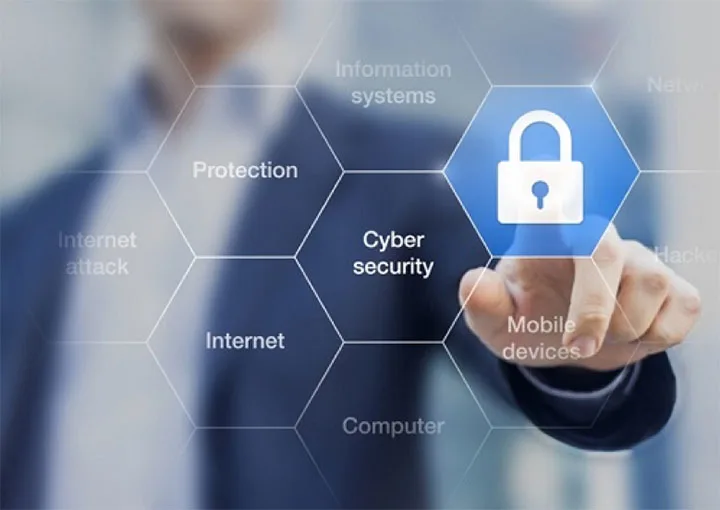Hospitals Face Cyber Security Threats: Is Your Healthcare Facility Prepared?

In the digital age, hospitals and other healthcare facilities rely on technological advancements to streamline operations and improve patient care. But while technology can increase convenience and efficiency in many ways, there are certain risks that come with embracing these innovations. As businesses across all sectors are finding out, it's essential to make cybersecurity an ongoing priority. Otherwise, your organization will be left vulnerable to a number of serious threats. Hospitals and other medical centers, for example, will need to take steps to protect themselves from the following high-tech dangers.
Electronic Health Records
Electronic health records (or EHRs) have been used for a number of years to replace traditional paper documents and files. Although these digital versions make it much easier for health providers and insurers to access and share important information and to ensure that patient data is updated frequently, EHRs aren't impenetrable. And because there's so much sensitive information contained in these records, they're a target for malicious behavior. Providers do have to comply with HIPAA rules to ensure compliance, but since criminals will always come up with new attempts to access this information, providers must always be on guard to prevent this data from falling into the wrong hands.
IoT-Connected Devices
According to recent research conducted by the University of Michigan Health Systems, 86% of all patients admitted to hospital beds require infusion pumps. And in the digital age, that medical equipment has certainly evolved a lot. Now, we regularly see smart pumps (like the Alaris pumps) that can prevent medication errors and access substantial drug libraries. That said, not all infusion pump brands are created equal. Although Alaris pumps and other brands are very well-regarded, there have been reports (particularly outside the United States) of certain smart pumps being hacked. Because medical devices like these are connected to facility networks, they can also theoretically be accessed through those networks. Ultimately, that does leave IoT medical devices vulnerable to attacks. In order to get the most out of your Alaris pumps and other high-tech devices, staff members need to constantly update their devices and create plans of action to ensure compliance and network security.
Phishing Attempts
No matter your industry or the size of your organization, you're at risk for phishing attempts. And since hospitals and other medical facilities do a bulk of their communications via computer, it stands to reason that these facilities would be subject to these kinds of cybercrimes. All it takes is one trusting staff member to click on an official-looking link in an email for your entire network to be taken down and private information to be stolen. Certainly, your facility will want to invest in an IT team that can handle anything that occurs and that will ensure your security system is up to par. But staff members will also need to be trained to recognize these kinds of phishing schemes and choose the right course of action if and when they appear.
With so much sensitive data stored and utilized, your medical facility or hospital may be a prime target for cybercriminals. Understanding the risks associated with your daily operations can allow your organization to take essential protective steps to prevent an attack before it occurs -- all while having the opportunity to serve patients with the best technology available on the market today.
